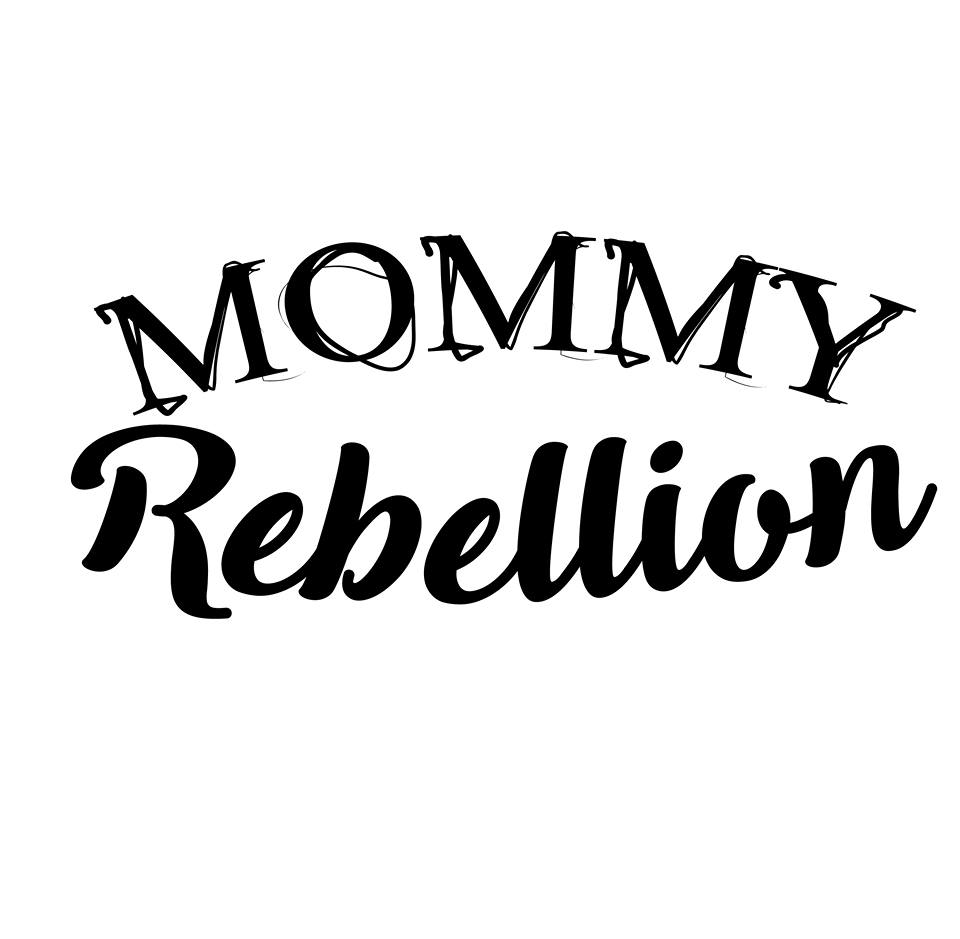What is Unschooling? The Basics
Today we begin the first of a 3-part series from Nikki Starcat Sheilds.
Nikki will be discussing Unschooling and how it pertains to parenting.
Join Nikki in the blog post below and join us next week for part 2.

Have you heard of unschooling? It’s a type of homeschooling that focuses on each child’s unique talents, interests, and preferences. It is also a philosophy on how we, as parents, relate to our kids as people.
Let’s take a deeper look at what unschooling is, and whether it might work for your family.
The word unschooling, coined by author and educator John Holt in the 1970s, refers to the way you choose to handle your child’s education. You might have heard of child-led learning, which is very much part of what unschooling families do. The idea is that any given topic of interest – from medieval history to gluten-free baking to Minecraft – is a valid avenue to learning.
Think about it – we were taught in school to divide everything up into subjects, like math, reading, history, etc. But in actual life, when you learn about a topic, you’re encompassing all of those things.
Say you’d like to start a new hobby, like knitting. You’re reading about your new passion, calculating how much yarn will cost for that scarf you want to make, and perhaps learning which yarns to use and why certain ones are better for a particular pattern. Just from that simple example, you’ve used reading, math, analytical skills, and perhaps some history.
You are free to explore your new hobby on your own time, in a way that feels good to you. You practice knitting – because you want to – and gradually improve, learning more and more as you go. When you feel competent or satisfied, you move on to another interest. Or if knitting becomes a favorite activity, you continue to expand your skills.
This is what kids do naturally. Unschooling allows – and encourages – this type of organic learning.
Actually, the form of schooling we’re used to here in the western world, often called “traditional” schooling, is very new. In the scope of human history, people have been unschooling for the majority of time we’ve been here on Earth. Compulsory public schooling as we know it was put into place in the industrial revolution, and was designed to create compliant factory workers.
To clarify, unschooling doesn’t mean that kids never learn from a teacher in a classroom. Just as you might choose to take a knitting class, your child may find that she wants to learn a particular topic from a teacher. Some kids learn best this way, while others would rather experiment on their own.
The point is, classroom learning isn’t compulsory, and it isn’t the only method unschoolers use.
You, as the parent, become the facilitator, helping your child to find the resources, materials, and people he needs to learn the things he’s most curious about. In the process, he’ll be discovering the most basic skill needed to thrive – how to learn.
Through unschooling, your child’s natural curiosity, creativity, and drive to learn will be nurtured. She’ll also be happier, because she’s able to choose how she spends her time each day, listening to her own rhythms rather than having to work at the pace of a group.
Unschooling in the age of the internet – with a vast library of knowledge available at your fingertips – is easier than ever before.
Many families are finding that unschooling suits their child’s academic needs and makes for better parent-and-child relationships.
Next week, we’ll take a look at how unschooling can expand beyond learning into all aspects of family life.

Nikki Starcat Shields is Mom to two grown unschoolers, a published author, and a licensed priestess. She blogs at Starcat’s Corner and shares her callings at Feline Dreamers. Want to learn about how to create a daily spiritual practice that works in your life? Check out her It’s Your Time video.

Recent Comments